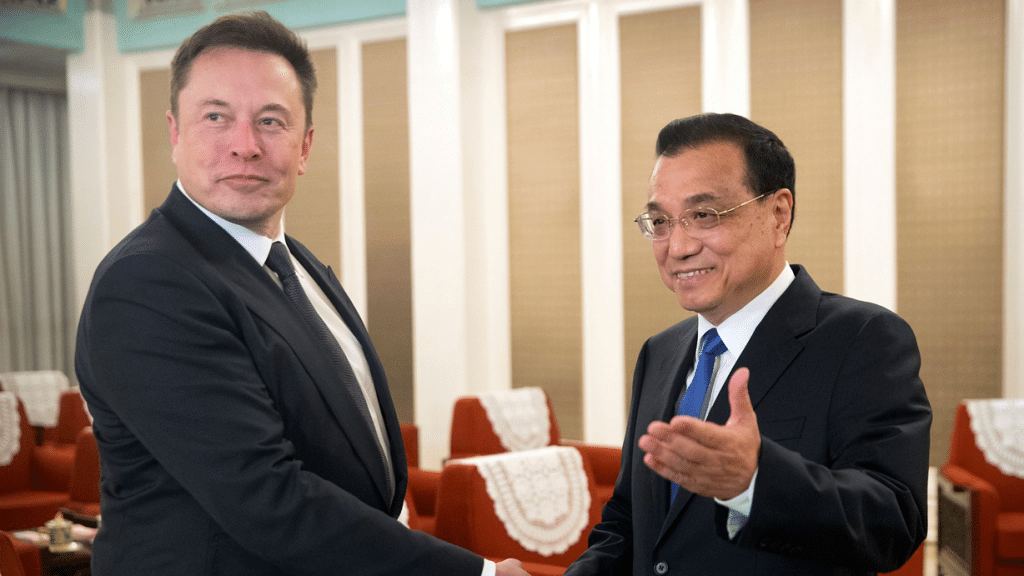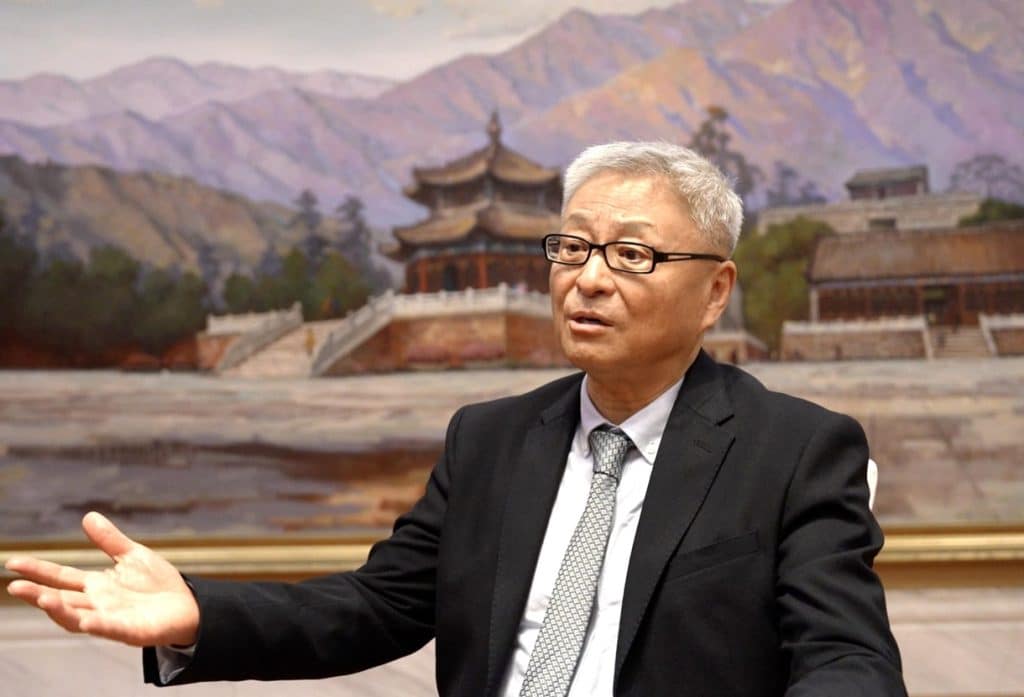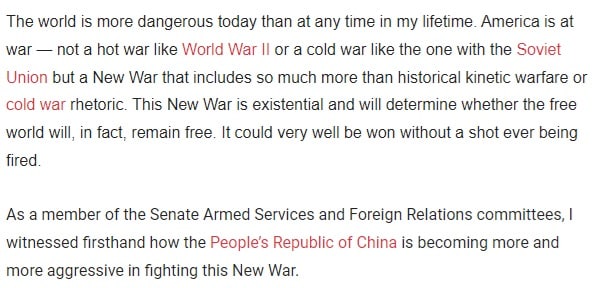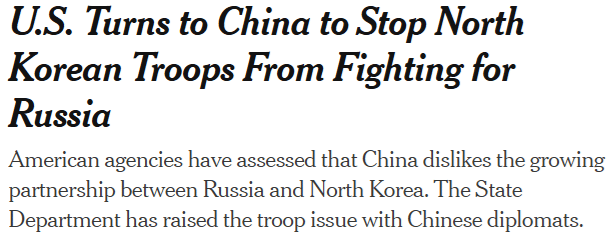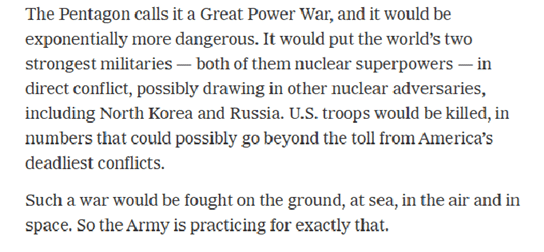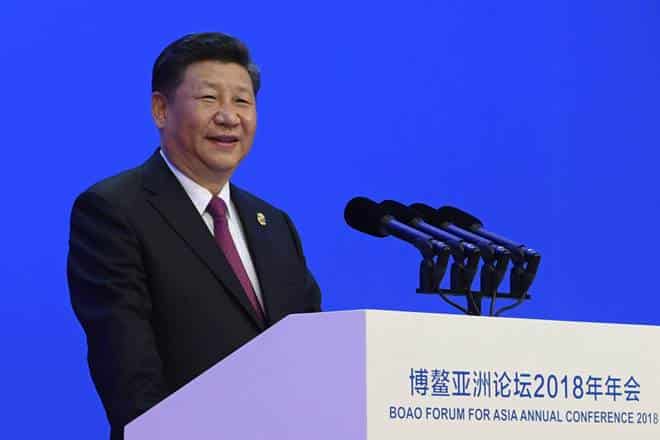A Chinese Plan for Peace
作者:Andrew Dirks 来源:US-China Perception Monitor
Xi Jinping surprised the international community last week by putting forth a four-point plan for peace between Israel and Palestine. Much of the reporting on this potential realignment of Chinese foreign policy has focused on the reasons why Beijing would make such a proposal at this time; reports have left out some important considerations, however, namely discussing the advantages that China possesses in acting as a mediator between Jerusalem, Ramallah, and Gaza. While Xi’s peace plan largely reiterates proposals that have been the basis for American and European attempts to the resolve this conflict for decades, there are several advantages that China has over other players that could enable Beijing to finally cut through the Gordian Knot of the Israeli-Palestinian conflict.
The first advantage China has is stability in leadership. Barring unforeseen circumstances, Xi Jinping will be the President of the People’s Republic for the next decade, and while his successor will differ in personality, the underlying political principles will largely remain the same. This is in stark contrast to the efforts by the United States in mediating the Israeli-Palestinian conflict, where the change in administrations can completely change the dynamics on the ground. Recent history has shown these changes affecting the peace process, as President Clinton’s last ditch attempts to implement a peace deal during the waning weeks of his term where largely set aside by the incoming George W. Bush administration. Likewise, President Bush took up the Israeli-Palestinian peace process in the later part of his second term only to see President Obama pursue a foreign policy that has been dominated by his pivot to the Pacific, the Arab Spring uprisings, the ongoing civil war in Syria, and a potential conflict with Iran. With China as a major peace partner, there would be no need to hit the reset button with each change in leadership.
The second advantage China possesses in negotiating a peace between Israel and Palestine is China’s lack of an imperial history in the region. Unlike major EU members such as Britain and France, China has never directly controlled territory in Southwest Asia, and unlike the United States, China has never launched a pre-emptive war in the region. While the People’s Republic did provide material and ideological support to terrorist groups such as the Popular Front for the Liberation of Palestine (PFLP) during the 1960s and 1970s, China has enjoyed normal relations with Israel since 1992. This lack of an aggressive history in the Middle East could allow China to present itself as an impartial arbiter between the two sides. China’s diplomatic relations with ostracized nations such as Iran and Syria could provide an incentive for Israel to accept some Palestinian demands in exchange for China’s assistance in delaying Iranian nuclear ambitions, or dropping its recalcitrance in regards to United Nations and Arab League plans to end the Syrian Civil War.
The third advantage China has as a partner for peace is its lack of ideological component in regards to the Israeli-Palestinian dispute. Chinese civil society simply does not have lobbying and activist groups such as the American Israel Public Affairs Committee (AIPAC) or similar groups based in religion or political ideology that have had tremendous impacts on American attempts to forge a long-lasting peace in Israel. AIPAC and related organizations have constantly used their considerable influence and power to thwart efforts by the United States to hold Israel accountable for actions that violate international law and scuttle efforts for peace, most notably the continued construction of Israeli settlements in the West Bank. As seen in the recent confirmation battle over US Secretary of Defense Chuck Hagel, lobbyist and public policy groups can disproportionately impact US foreign policy. Beijing would simply not have to grapple with independent groups blocking its foreign policy goals, or the blowback of public opinion in pursuing a peace proposal.
The reasons listed above are not meant to suggest that China will suddenly surpass the United States as the principal actor in negotiating an end to the Israeli-Palestinian conflict, but they do highlight some of the advantages that China has over the United States should it attempt to pursue a larger role in this critical arena of world affairs. China’s overtures could merely be an attempt to curry favor with oil producing nations in the Middle East, as it becomes a larger importer of oil to fuel its economic growth. The United States could still block new peace proposals in the UN Security Council, and there is no indication that the Netanyahu government in Jerusalem is interested in restarting the peace process. This being said, China would have little to lose by making a good faith attempt to solve the world’s most intractable conflict. Working towards a solution to the Israeli-Palestinian conflict would help change perceptions of Chinese foreign policy that is often criticized for supporting pariah states such as Sudan, North Korea, and Myanmar prior to the current reforms. No nation can truly afford to ignore China’s enormous economic growth and potential. Moving towards peace will help build a positive image for Beijing overseas beyond the economic realm.
Credits:
This article is written by Andrew S. Dirks. Andrew is an undergraduate history student at Georgia State University and a former intern for the China Program at The Carter Center.
Photo: China’s President Xi Jinping (R) and his Palestinian counterpart Mahmoud Abbas attend a signing ceremony at the Great Hall of the People in Beijing, May 6, 2013. REUTERS/Jason Lee (CHINA)
来源时间:2018/4/6 发布时间:2018/4/6
旧文章ID:15840


